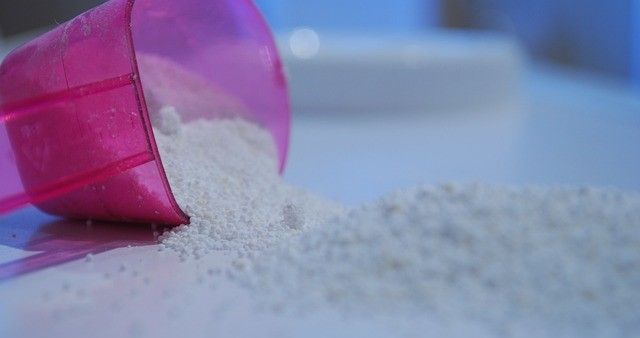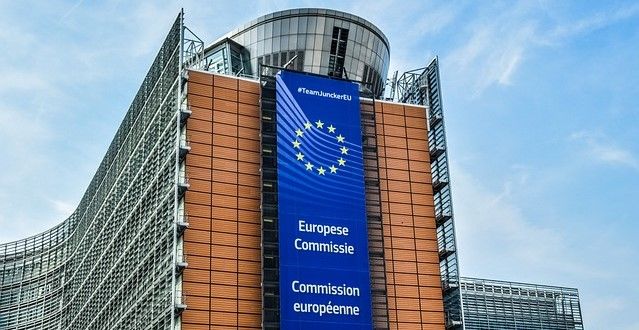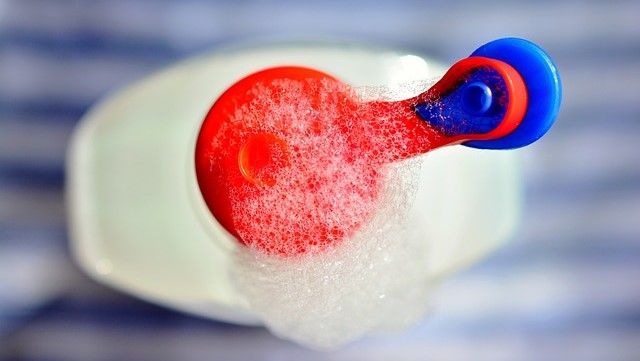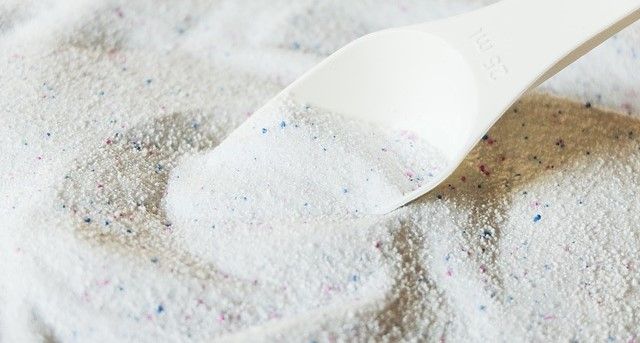In order to better protect public health and the environment, the European Commission has suggested updating detergent laws in a way that it claims will “simplify and future-proof the current rules.” The Commission also claims the changes will enable the Single Market for Detergents to operate more effectively.
The proposal would make it easier to sell cutting-edge detergent products, like those that utilize microorganisms, with the Commission explaining how, “These microorganisms may present promising alternatives to harmful chemicals.”

The regulations also seek to encourage sustainability by clarifying rules for refilled detergents and reducing duplications in labelling requirements through improved coordination with other EU chemical legislation. Additionally, the revised regulations will also introduce the requirement for manufacturers to label the presence of microorganisms in the detergents so that consumers are better informed.
The original Detergents Regulation, also known as Regulation (EC) No 648/2004 was enacted into law in 2004 and established the requirements that detergents must meet in order to be sold in the EU. But in 2019, the Commission evaluated these rules and found some areas that needed strengthening, while other areas overlapped with other EU chemical laws, particularly the Regulation on Classification, Labelling and Packaging of Chemicals (CLP), the Biocidal Products Regulation, and REACH Regulations.
In reviewing the situation, the proposed rule changes have been made:
Introduce Optional Digital Labelling
The detergent sector would benefit by distinguishing between products sold in pre-packaged formats and those supplied in refill formats. In this way, operators could combine a physical label with a digital label for pre-packaged products or relocate some mandatory labelling information to a digital format, simplifying packaging. Additionally, there could be an option to solely provide labelling information online for items sold in refill formats, with the exception of consumer laundry detergent dosing instructions. The aim is to the burden and expense on detergent manufacturers while increasing consumer awareness and ease of use.

Simplify Market Regulations
By eliminating a number of requirements that are no longer necessary or relevant the production and sale of detergents could be simplified. For example:
· Removing the obligation to provide an ingredient data sheet for hazardous detergents.
· Removing the obligatory intervention of approved laboratories to perform the required tests.
· Allow the possibility to request an exemption for surfactants that do not meet the criterion of ultimate biodegradability.
· Remove the obligation for manufacturers of detergents and surfactants to be established within the Union.
Enhanced Enforcement
The implementation of a product passport will enhance market surveillance and guarantee that only detergents which adhere to the regulations enter the Single Market. When detergents and surfactants are presented at EU borders, the detergent’s passport would have to be entered into a central registry maintained by the Commission and declared at customs. National inspectors will still be in charge of conducting product inspections, but all digital product passports would be screened at the EU border by a new IT system.
Promote the Sale of Innovative, Safe Products
Recently, the detergents industry has created new, creative cleaning products that function by utilizing microorganisms. Revising the law will allow for the inclusion of safety requirements for microorganisms in detergents and require manufacturers to label the presence of microorganisms in the detergents so that consumers are better informed.
Increase Sustainability and Safety
The plan ensures that consumers obtain the appropriate information when purchasing refilled detergents, ensuring they are subject to the same high standards of pre-packaged products. The expansion of digital labelling is an environmentally friendly practice, which lessens packaging and packaging waste.
These proposals, “… will now be subject to the approval of the European Parliament and Council as part of the ordinary legislative procedure.”

While the new regulations still await the process of passing into law, the industry has reacted positively to the suggested changes.
The industry body, the International Association for Soaps, Detergents and Maintenance Products (AISE), for example responded with a press release stating that, “A.I.S.E. supports the proposed revision of the regulation to simplify labelling and to remove redundancies and inconsistencies with other EU chemicals legislation, such as the Classification, Labelling and Packaging (CLP) Regulation.”
With Susanne Zänker, the Director General at AISE, declaring that, “The Commission proposal will improve what is already a well-functioning piece of European legislation.” Although she also adds that, “… it falls short when it comes to harnessing the full potential of digital labelling”.

While the soap and detergent sector is a significant part of the economy. According to the Society of Chemical Industry (SCI), the detergent sector accounted for, “4.2% of the production value of the total chemicals sector in 2018.” With a total “market value of the European detergents industry put at €41.2 billion in 2020.”
Furthermore, the new legislation provides a route to boost biodegradable and safer cleaning products through the streamlined introduction of microorganisms. It could also reduce plastic packaging requirements by aiding refill usage.
Such moves make good sense for the environment and will help to improving a product that everyone needs.
To learn more detail about the proposals visit the EU Commission’s website.
If you are interested in sourcing good quality raw materials for detergent production, then please visit AG CHEMI GROUP.
Established in 1994, AG CHEMI GROUP is a successful supplier, importer and exporter or chemical raw materials to North and South America, Europe, Asia, and Africa.
Photo credit: Anna from Pixabay, Frank Habel, Dimitris Vetsikas, Congerdesign, & Nigel Durrant